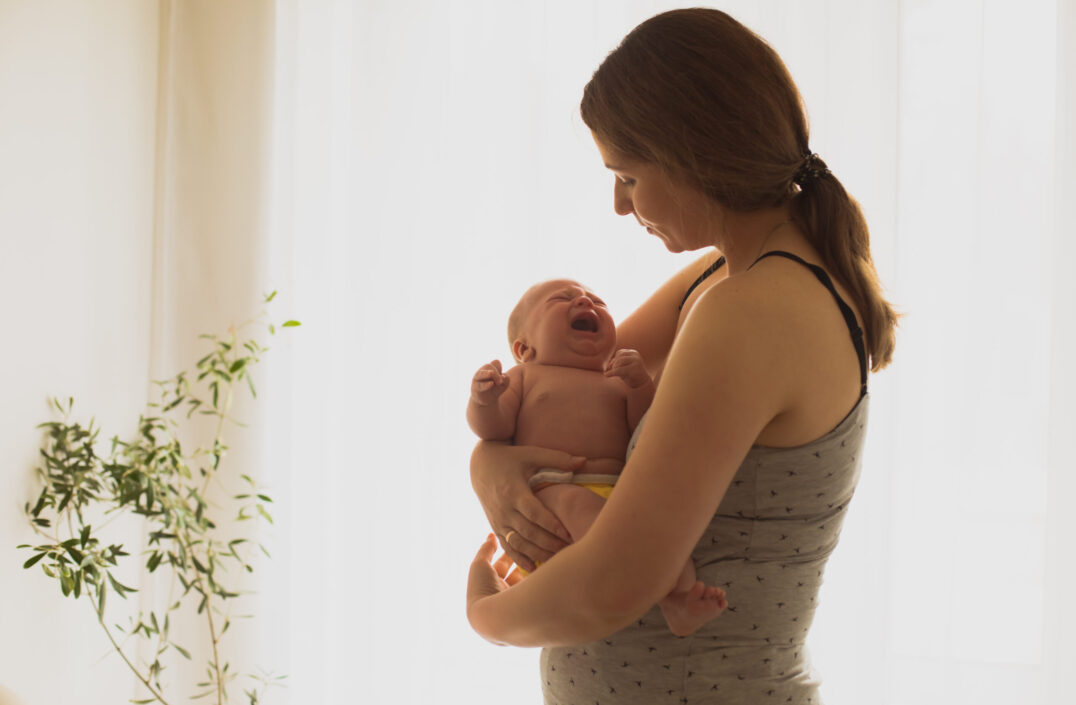Perinatal Depression
Perinatal depression is a form of depression that is experienced during pregnancy and/or and after the birth of a child. It is common for women to experience feelings of worry or sadness a few days after giving birth. However, if these symptoms persist, they may be signs of perinatal depression.
SIgns and SYMPTOMS
The signs and symptoms of perinatal depression are often overlooked, and viewed as just part of the pregnancy. Contrary to that belief, the symptoms of perinatal depression can be very serious and it is important to treat them as such. Common symptoms of perinatal depression include, but are not limited to:
- Feeling sad or hopeless
- Sleep problems, whether sleeping too much or too little
- Anxiety
- Feeling low on energy
- Loss of interest in once enjoyable activities
- Uncontrollable crying
- Feeling overwhelmed
- Feeling guilty or worthless
- Changes in eating habits, leading to weight loss or gain
Causes
There is no single cause of perinatal depression. Research suggests that its cause can be a combination of genetic and environmental factors. Many of the hormonal changes experienced before and after birth have been linked to parts of the brain that are associated with depression. In addition, the life changes that come from welcoming a child can be very overwhelming, and may worsen symptoms.
Treatment
Treatment is important for the health of the mother and baby. With treatment, symptoms often subside. Various methods of treatment are used, and it is important to find what works best for you. Treatment vary but plans commonly include:
- Support groups
- Psychotherapy
- Medication
- Light therapy
Finding TREATMENT AND RESOURCES
- To learn more about perinatal depression, we recommend contacting your midwife and health care provider.
- To read more, the following resources are suggested:
- NIMH: https://www.nimh.nih.gov/health/publications/perinatal-depression
- 211 – Perinatal: https://uwc.211ct.org/perinatal-depression-postpartum-depression/
- NAMI – More than the “Baby Blues”: https://www.nami.org/Blogs/NAMI-Blog/December-2019/Beyond-the-Baby-Blues-Depression-During-and-After-Pregnancy
Return to home page: https://nwmind-bodywellness.com/
Read more articles: https://nwmind-bodywellness.com/articles/
